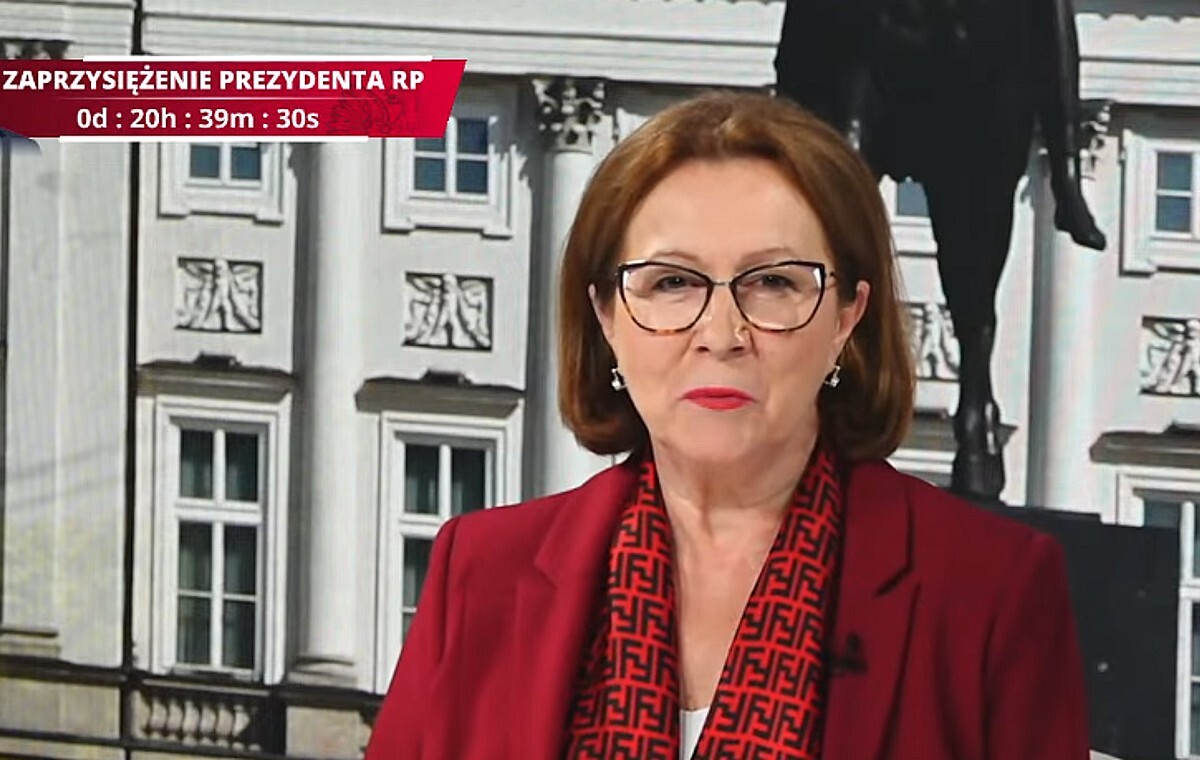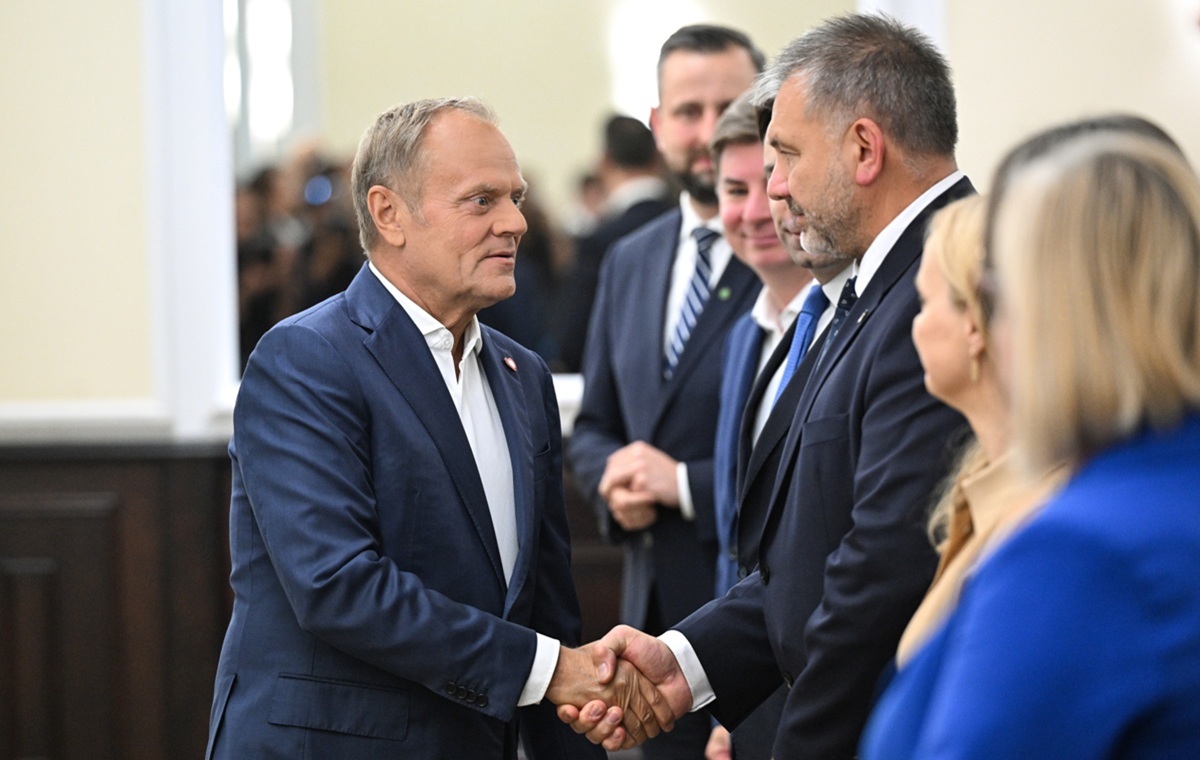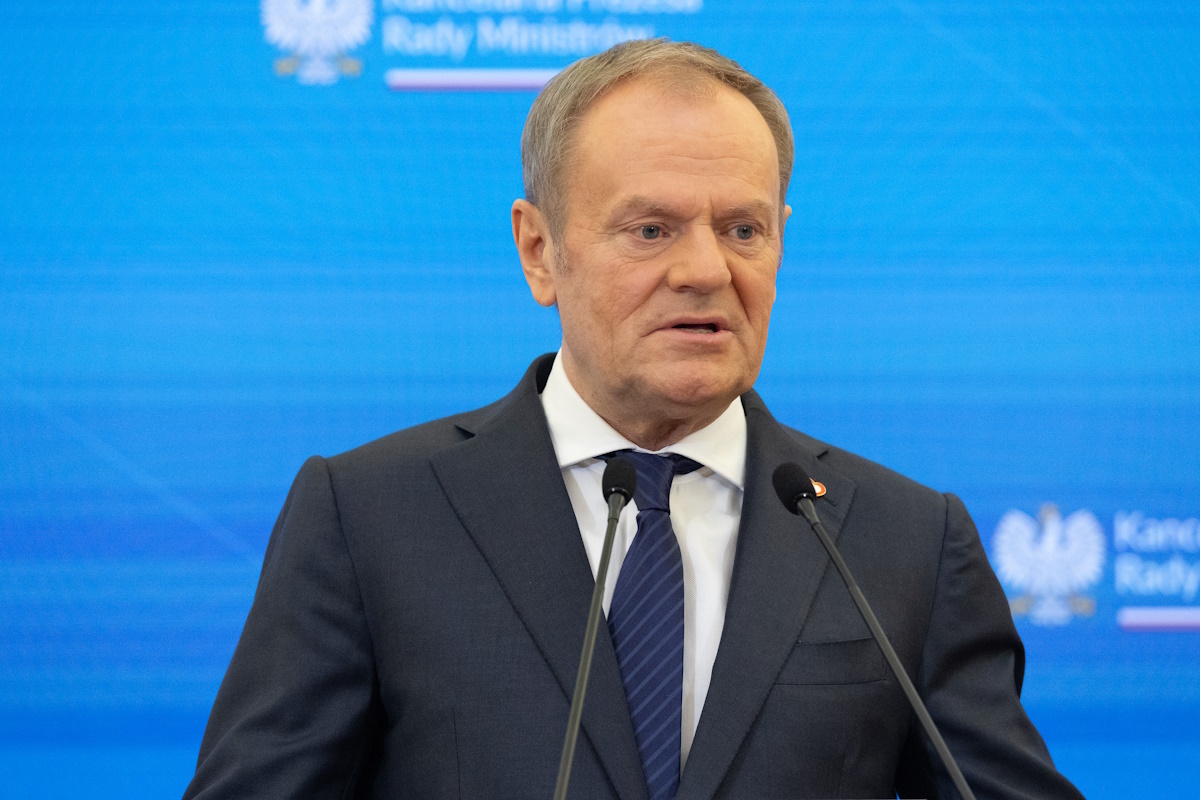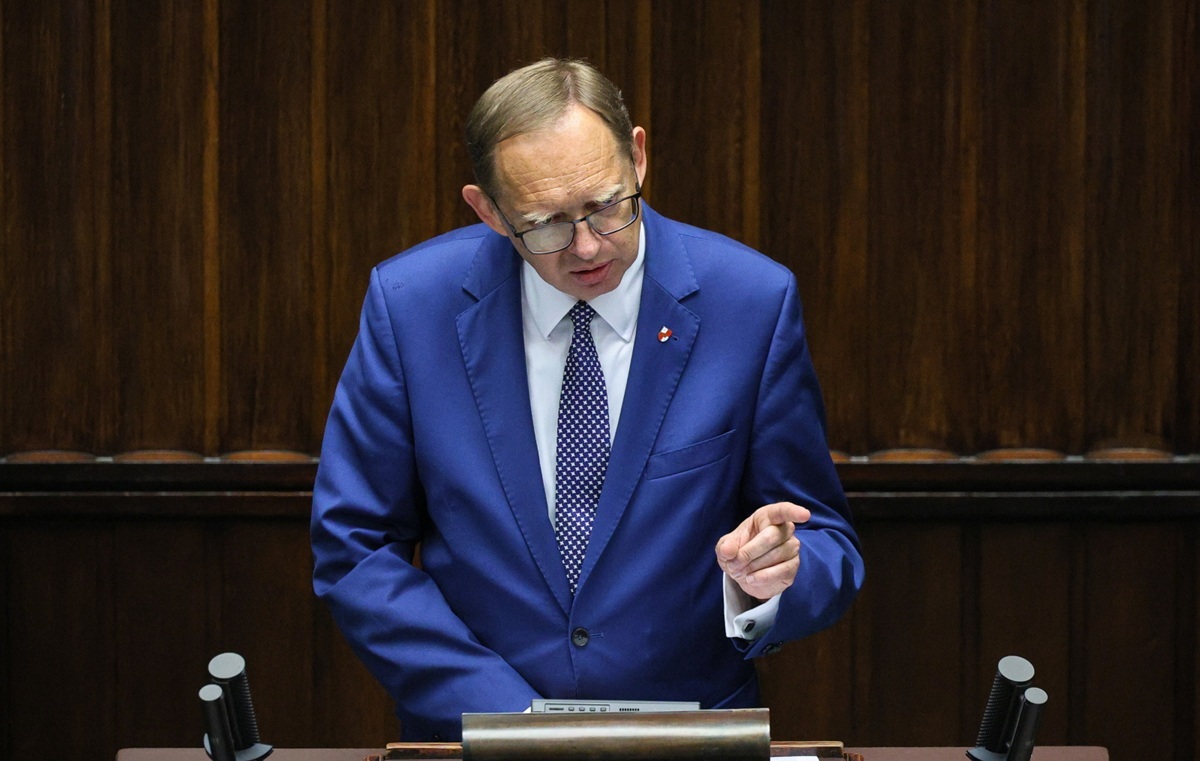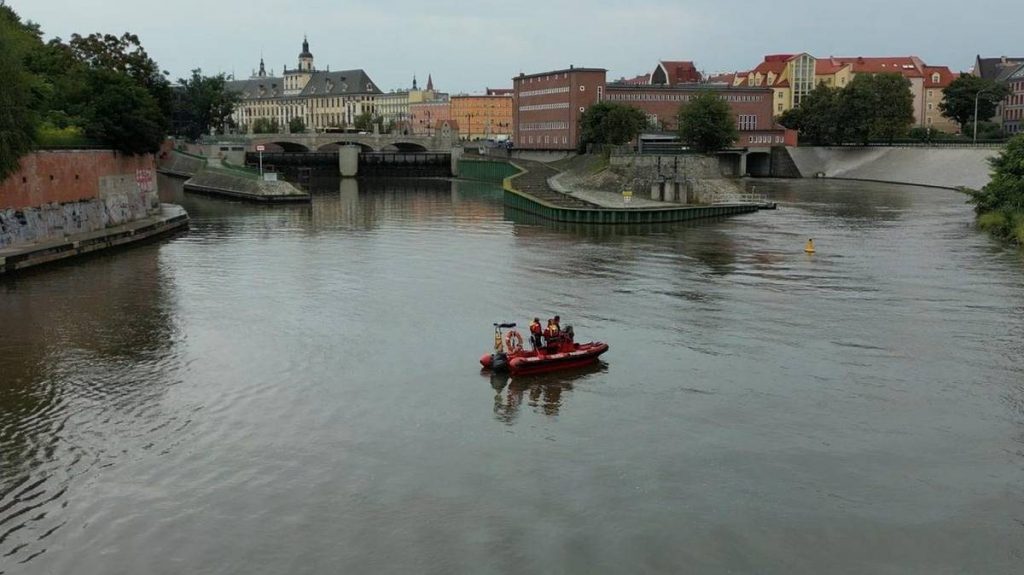Yvette Cooper has said the deal struck with France to return Channel migrants will not stop the crossings on their own, as she refused to confirm how many migrants would be returned under the scheme. The Home Secretary said the agreement, which begins on Tuesday, was about the principle rather than the number itself.
Cooper pointed to a similar accord between Greece and Turkey in 2016 which she said brought down numbers of migrants to Greece. Migrants for the swap will begin to be detained from Wednesday, she told broadcasters.
First returns by August
It is hoped the first migrants will be returned by the end of August. In exchange Britain will receive asylum seekers who have ties to the country through a legal route.
Speaking to BBC Breakfast, Cooper said: "We never claimed that there is a single silver bullet on this. So this goes alongside the 28% increase in returns of failed asylum seekers that we have brought in." She added that the scheme works alongside changes to French maritime rules that mean France taking action in French waters to prevent boat crossings in the first place, and stronger law enforcement with additional National Crime Agency investigators and police targeting criminal gangs.
Numbers remain classified
Cooper said the Government does not want to put a number on the amount of Channel migrants that will be returned to France, as she believed it could aid criminal gangs. It has been reported that about 50 a week could be sent to France.
This would be a stark contrast to the more than 800 people every week who on average have arrived in the UK via small boat this year. She told BBC Radio 4: "We are not putting an overall figure on this programme."
Transparency without operational details
Cooper added: "Of course, it will start with lower numbers and then build, but we want to be able to expand it. We want to be able to increase the number of people returned through this programme." She said: "We will provide regular updates, people will be able to see how many people are being detained, how many people are being returned, and it is right that we should be transparent around that."
However, she explained: "But we're not setting the numbers in advance, firstly because there is no fixed number in terms of the overall number of people to come through this system, and secondly because we're not going to provide (gangs) with that operational information." The initial agreement will be in place until June 2026.
Security checks in France
Cooper told Nick Ferrari on LBC that the UK will do security checks in France on the asylum seekers who are brought to the UK in exchange for returned Channel migrants. They will have their biometric data taken.
She also said any family members of successful asylum seekers brought to the UK would be included in the quota, so would have an equivalent number sent back to France. Some 25,436 people have already made the journey this year, according to PA news agency analysis of Home Office figures - 49% higher than at the same point in 2024.
Right principles established
Cooper continued: "I think this is the right principle that we should be pursuing, that people who are arriving on small boats should, frankly, be returned to France. They're coming on illegal boats, they're paying thousands of pounds to people smugglers." She added: "That money should be lost, and they should be returned. And also the principle that where we take people from other countries, we should do so through a legal process, where people have gone through security checks."
On Monday, shadow home secretary Chris Philp attacked the plans, saying they would return "just 6% of illegal arrivals" and "make no difference whatsoever." Cooper also told broadcasters that the Government was still aiming to close asylum hotels by the end of the Parliament.
Appeals system reforms needed
She said just over 200 asylum hotels were still operating. Cooper told BBC Radio 4: "The big blockage now is in the appeals system, again, a broken system that we've inherited. We're going to have to do some major reforms to the appeals system, setting those out later this year."
She added: "I think it's just unacceptable that if you've got somebody who has been turned down in the asylum system, on a fair basis, they can end up then still being stuck in the system even for years, as a result of delays in the asylum system."
(PA) Note: This article has been edited with the help of Artificial Intelligence.

 15 godzin temu
15 godzin temu

